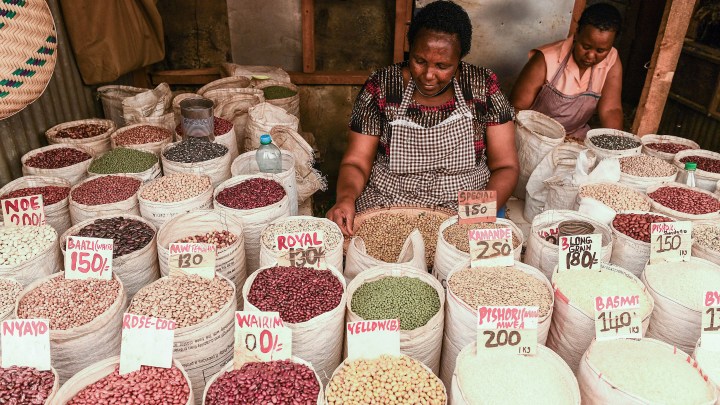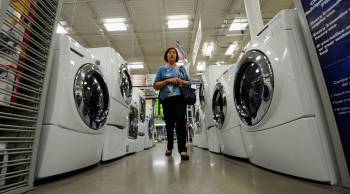
World Bank predicts sharp economic downturn, hitting developing countries hardest
World Bank predicts sharp economic downturn, hitting developing countries hardest

The World Bank is warning that the global growth slowdown is poised to hit developing countries especially hard.
In its new “Global Economics Prospects” report, the global lender attributes the potential slowdown to a combination of factors, including inflation, higher interest rates, less investment and Russia’s war in Ukraine.
The World Bank projects global growth will come in at just 1.7% this year — a sharp slowdown.
“That slowdown is quite historical in the sense that it is the lowest growth rate outside of global recessions since the early 1990s,” said Ayhan Kose, director of the Prospects Group at the World Bank.
Kose said that kind of slump puts the global economy on a razor’s edge, and that “just one more shock could cut the outlook to a global recession.”
Those shocks could come from a range of factors, including higher-than-expected inflation — and corresponding interest rate hikes aimed at containing it.
The World Bank also cites a resurgence of the COVID-19 pandemic or an even further escalation of geopolitical tensions as potential risks.
As those risks mount, lenders are more likely to stick to so-called safe havens, said Susan Pozo, who teaches economics at Western Michigan University.
“The developing world and emerging markets are somewhat more vulnerable to being classified as less creditworthy,” Pozo said.
That would make borrowing more expensive in countries already bearing heavy debt loads, with consequences for everything from education to health care to the response to climate change.
There’s a lot happening in the world. Through it all, Marketplace is here for you.
You rely on Marketplace to break down the world’s events and tell you how it affects you in a fact-based, approachable way. We rely on your financial support to keep making that possible.
Your donation today powers the independent journalism that you rely on. For just $5/month, you can help sustain Marketplace so we can keep reporting on the things that matter to you.

















